
More moms are preferring to buy baby products from specialty stores
China's sales of baby products from baby specialty stores now accounts 46%.
According to OSK-DMG citing an industry survey, sales through baby specialty stores contribute 46% while supermarkets contribute 54% for all baby products in China.
The gap, it said, is expected to continue narrowing going forward as baby specialty stores experience higher sales growth rate for baby products as compared with supermarkets. This it said should be positive for Biostime.
Here's from OSK=DMG:
In 1H12, 70%, 23% and 7% of Biostime’s products were sold through VIP specialty stores, supermarkets and pharmacies respectively. As at end-Sept 12, the number of Biostime’s VIP baby specialty stores reached 9,343, with a c.22% nationwide penetration rate.
We believe Biostime’s fast- expanding retail coverage of baby specialty stores enables it to capture the right customer base which helps to drive sales growth. In particular, we had the chance to talk to three large-scale baby chain stores in China, who are the direct sales partners of Biostime.
They are Aiyingshi (爱婴室), Leyou (樂友) and Kidswant (孩子王), who have 105, 240, and 20 stores in China respectively. They are impressed with Biostime’s sophisticated membership system and strict channel management. As compared with the top four infant formula MNCs in China, namely Mead Johnson, Dumex, Wyeth and Abbott, who offer single-digit margins to retailers, Biostime offers 26% margin to its direct sales partners (though they have to bear logistics costs as they buy directly from Biostime without a distributor).


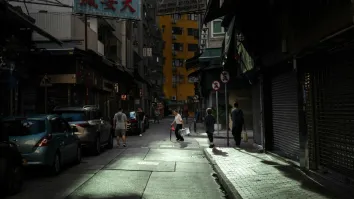
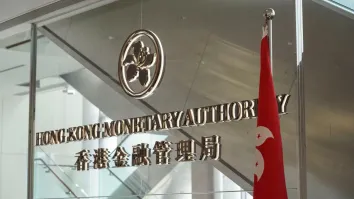

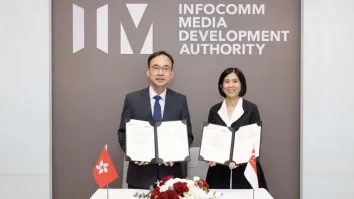
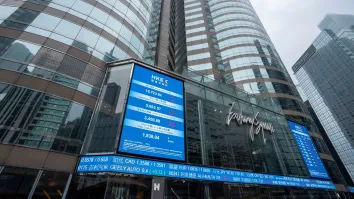
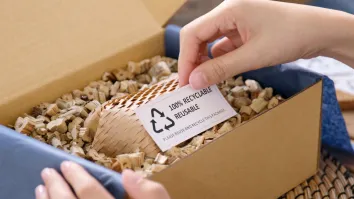

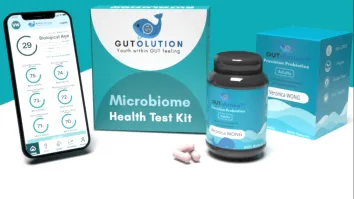

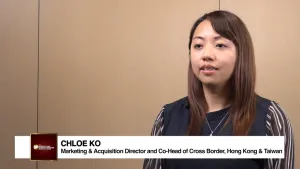
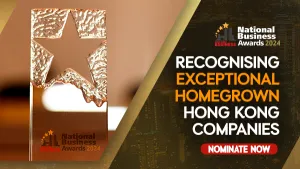


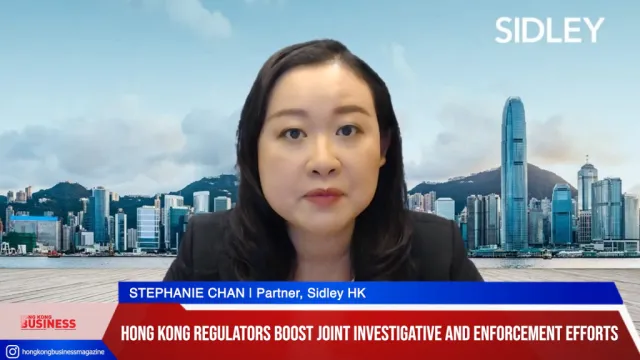

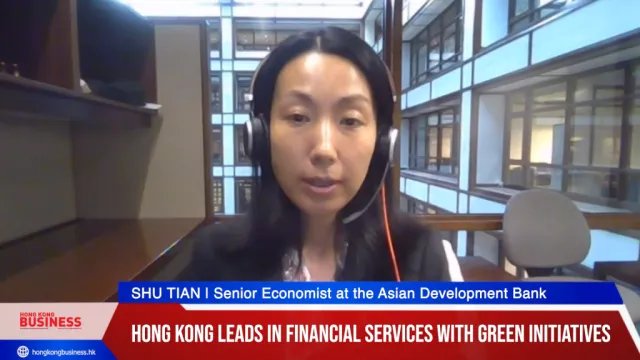
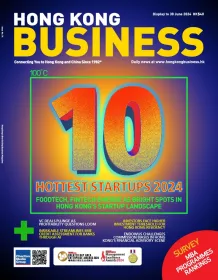
 Advertise
Advertise






